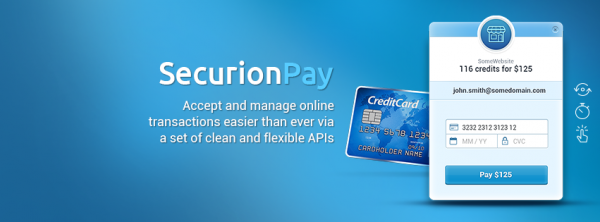How Startups are Locking Down Payment Security
 Fraud – especially card fraud – is a major blight on societies across the world. With the world economy taking a global hit worth tens of billions, new businesses may be the answer to help boost card protection. Card fraud is big businesses. Huge, in fact.
Fraud – especially card fraud – is a major blight on societies across the world. With the world economy taking a global hit worth tens of billions, new businesses may be the answer to help boost card protection. Card fraud is big businesses. Huge, in fact.
According to last year’s Nilson Report, for every $100 in card volume worldwide, $5.65 – over 5% – was fraudulent. Taking into consideration that total global card volume for 2015 weighed in at almost $29 trillion, it’s easy to see how billions of dollars are lost globally to card fraud each year. In fact, predictions suggest that card fraud will reach a total worth of $35 billion by 2020. With such volumes of fraud it should come as no surprise that online businesses are increasingly looking at ways to boost the payment security that they can offer their customers.
SecurionPay is one example of how startups are helping to ensure payment security for business and customers. A new ecommerce platform that assists businesses to process payments, SecurionPay supports 23 languages and more than 160 currencies. It also employs high grade protection services to keep card details locked down and secure. The reason this is so important is that internet payments are among the most common instances of card fraud. While non technological options include shoulder skimming – i.e. peering over the shoulder of a card user entering their card details – non-secure internet payments are a contributing factor to the billions of dollars that are lost each year. Hence, secure payment processing must be a priority for most businesses. For high risks businesses, Flex Payment Solutions offers payment processing solutions to high risk merchant accounts.
Other startups focus more heavily on the fortification of businesses’ websites to protect them and future customers from the more nefarious elements of the internet. One example is Ireland-based Trustev, a company that scans internet transactions in real time (IRT). Run by a group of former business professionals, Trustev analyses web user IDs and behavioural patterns – and many more things besides – to help stop fraud automatically. These tactics are what Trustev – and others like them – use to end the loss of 2% of sales margins to fraud. But there is much work left to do. Fraud actually increased by 15% last year, meaning that fraudsters are still a force to be reckoned with.
In time, hopefully more startups will launch with the aim of disrupting fraud.








